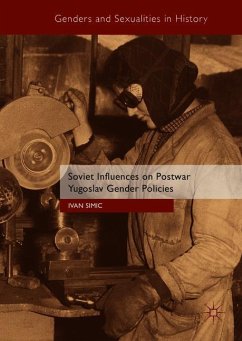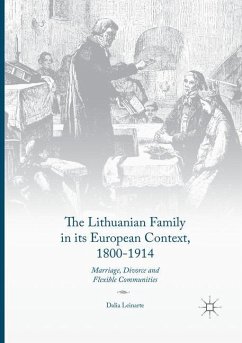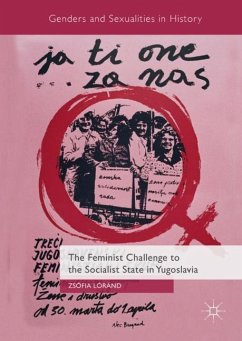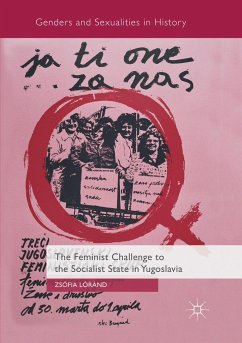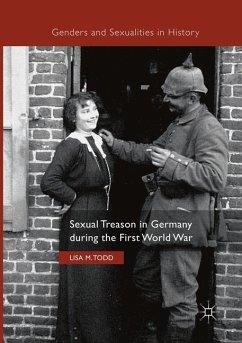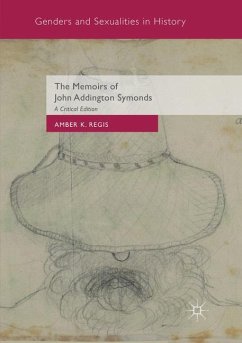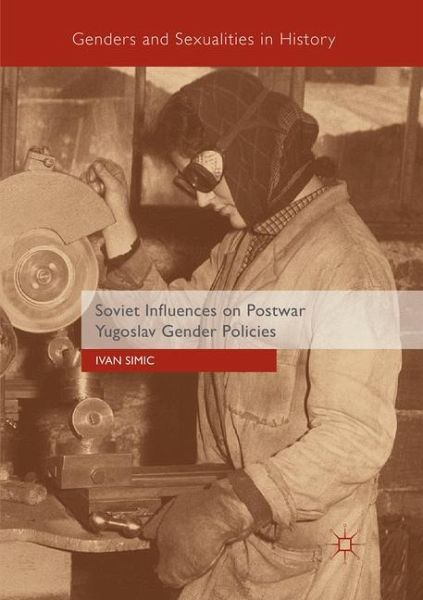
Soviet Influences on Postwar Yugoslav Gender Policies
Versandkostenfrei!
Versandfertig in 6-10 Tagen
46,99 €
inkl. MwSt.
Weitere Ausgaben:

PAYBACK Punkte
23 °P sammeln!
This book explores Soviet influences on Yugoslav gender policies, examining how Yugoslav communists interpreted, adapted and used Soviet ideas to change Yugoslav society. The book sheds new light on the role of Soviet models in producing Yugoslav family and reproductive laws, and in framing the understandings of gender which affected key policies such as the collectivisation of agriculture, labour policies, policies towards Muslim populations, and policies concerning youth sexuality. Through a gender analysis of all these policies, this book points to the difficulties of applying Soviet soluti...
This book explores Soviet influences on Yugoslav gender policies, examining how Yugoslav communists interpreted, adapted and used Soviet ideas to change Yugoslav society. The book sheds new light on the role of Soviet models in producing Yugoslav family and reproductive laws, and in framing the understandings of gender which affected key policies such as the collectivisation of agriculture, labour policies, policies towards Muslim populations, and policies concerning youth sexuality. Through a gender analysis of all these policies, this book points to the difficulties of applying Soviet solutions in Yugoslavia. Deeply entrenched patriarchal attitudes undermined Yugoslav communists' ability to challenge gender norms, causing many disputes and struggles within the Communist Party over the meanings and application of Soviet gender models. Yet, Soviet models informed how Yugoslav communists approached gender-related issues for many years, even after the conflict erupted between thesetwo countries.



